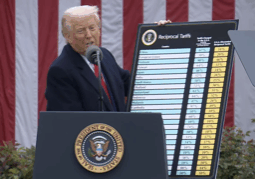
Major U.S. retailer reverses course on tariffs, says prices will go up
A major U.S. retailer that previously said tariffs wouldn’t increase prices reversed course on Tuesday, with officials saying they expect “modest” price increases for some products.
The home-improvement retailer with more than 2,300 stores across North America said prices will increase in some categories due to significantly higher tariffs than it expected in May.
“Obviously tariff rates are significantly higher today than they were when we spoke in May. So as you’d expect there’ll be some modest price movement in some categories but it won’t be broad based,” said Billy Bastek, executive vice president of merchandising at Home Depot.
He added that the store is working to keep project pricing down as homeowners have deferred larger projects, but continue to do small ones.
“Our customers tend to shop for the entire project and you think about a small flooring project: Tile, the grout, bathtub and vanity and a bath project. And so we’re laser focused on protecting the cost of the entire project. And so listen, our goal is to maintain the best value for our customers.”
Bastek said about half of Home Depot products are made in the U.S. and not subject to tariffs.
Home Depot boss Ted Decker said lower federal interest rates would likely help.
“The consumers, both pro and consumer, engaged broadly across the business, granted in smaller projects. We still haven’t seen the recovery in much larger discretionary projects,” Decker said during the company’s second-quarter earnings call on Tuesday.
Last month, the Federal Reserve’s latest anecdotal “beige book” survey found that businesses across the country reported passing the cost of tariffs on to U.S. consumers, something President Donald Trump warned them not to do.
“Many firms passed on at least a portion of cost increases to consumers through price hikes or surcharges, although some held off raising prices because of customers’ growing price sensitivity, resulting in compressed profit margins,” according to the Fed report.
Those higher prices could become more visible later this year, according to the Fed report.
Trump has told businesses that he doesn’t want them to raise prices. He wants businesses to absorb the loss without passing on the higher prices to consumers.
Shortly after Walmart said it would have to raise prices throughout its stores in May, Trump told the world’s largest retailer to “eat it.”
Economists, businesses and some publicly traded companies have warned that tariffs could raise prices on a wide range of consumer products.
Trump has said he wants to use tariffs to restore manufacturing jobs lost to lower-wage countries in decades past, shift the tax burden away from U.S. families, and pay down the national debt.
A tariff is a tax on imported goods paid by the person or company that imports the goods. The importer can absorb the cost of the tariffs or try to pass the cost on to consumers through higher prices.
Latest News Stories

Meeting Summary and Briefs: Frankfort Park District for September 9, 2025

WATCH: Trick or treat: IL legislators pass tax increase, decoupling bill early Friday

Noem refuses Pritzker enforcement pause request, IL passes sanctuary enhancement

WATCH: Energy bill opponents say increases IL electric bills by $8 billion passes
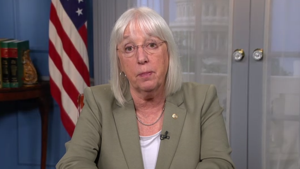
WA Dems blame GOP for government shutdown; 1 million in state could lose SNAP benefits
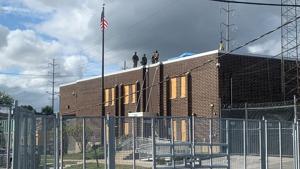
Officials react to allegations of civilians impersonating ICE

WATCH: Bonta visits food bank amid lawsuit over CalFresh
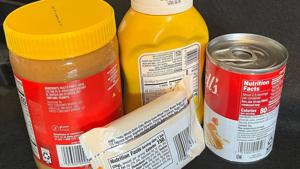
IL taxpayers to pay $20M for food banks as SNAP funding lapses start Saturday

Poll: 7 in 10 of Americans are against mail-order abortion without a doctor visit
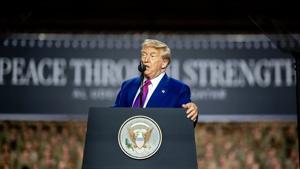
Trump’s plan to re-start nuclear weapons testing faces criticism
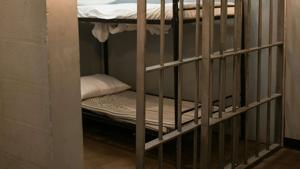
Illinois quick hits: Corrections director appointment approved; Clean Slate Act passes

Tyler Robinson’s in-person hearing delayed to January

